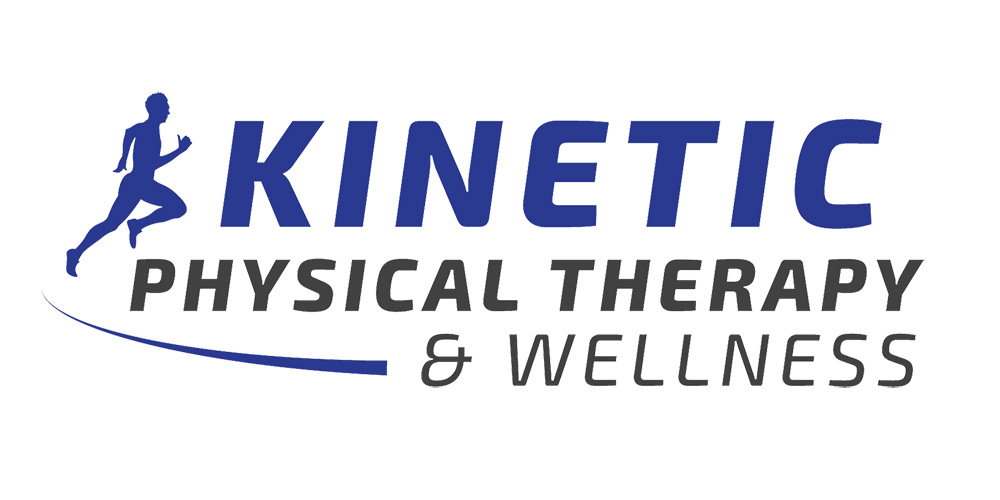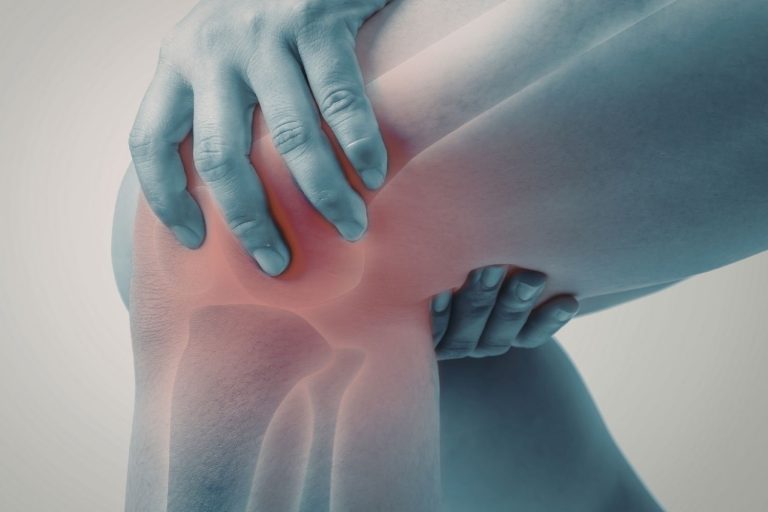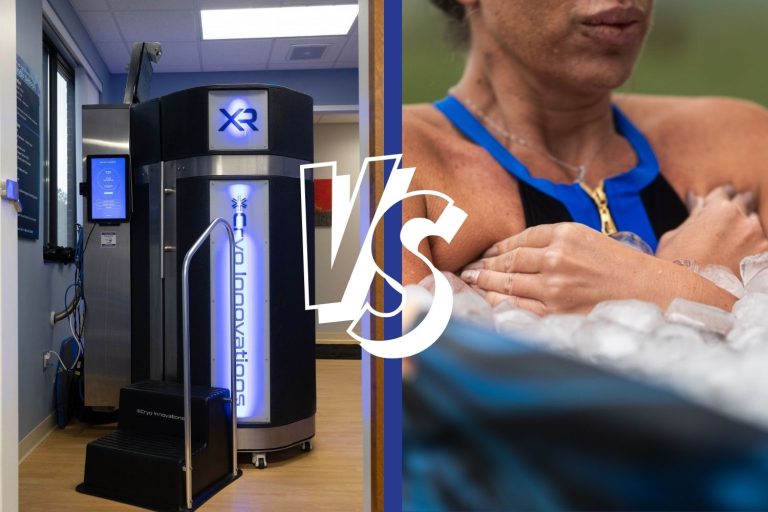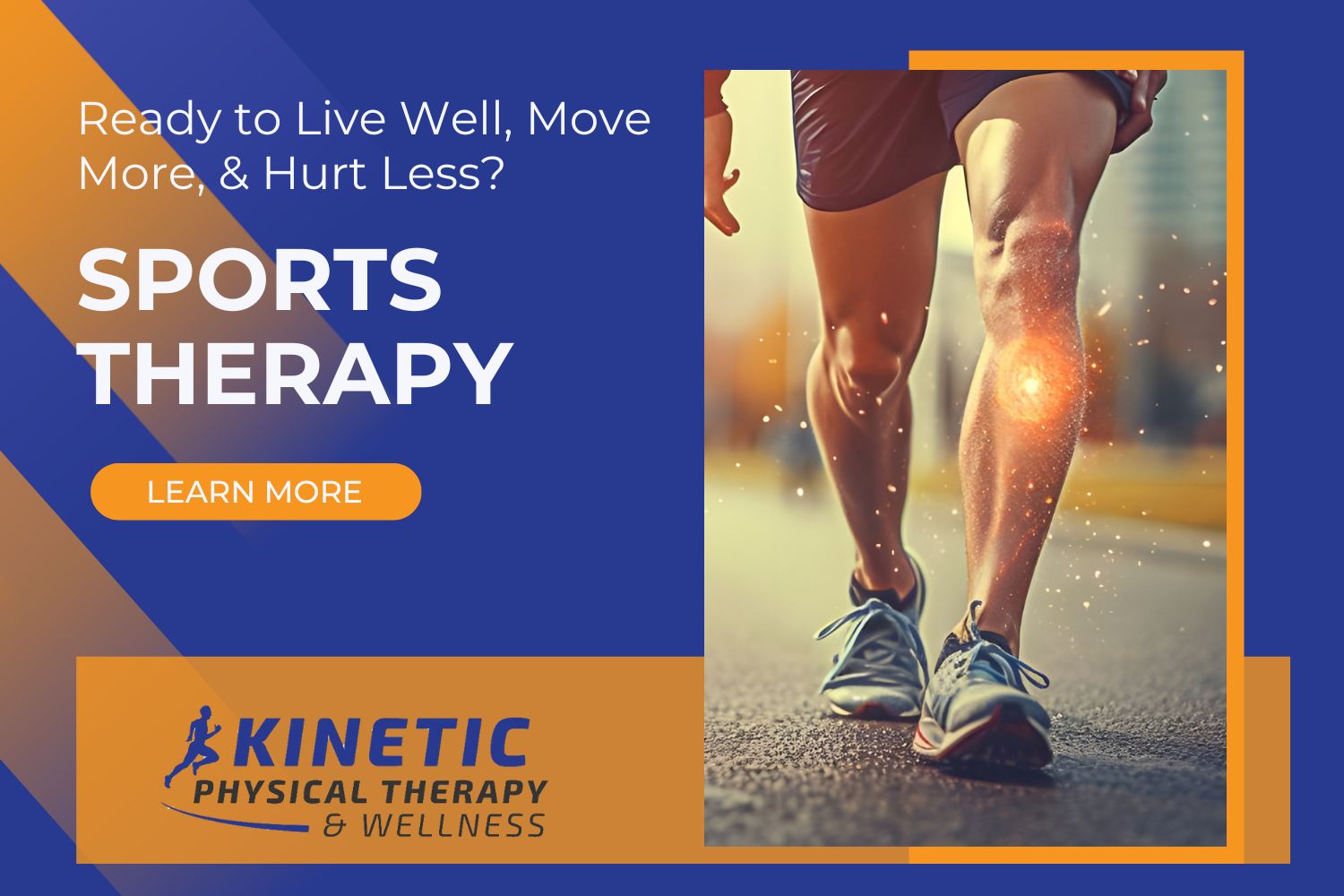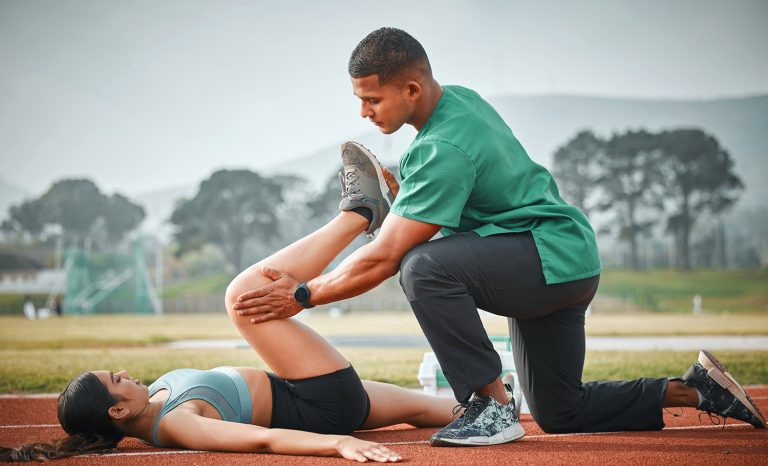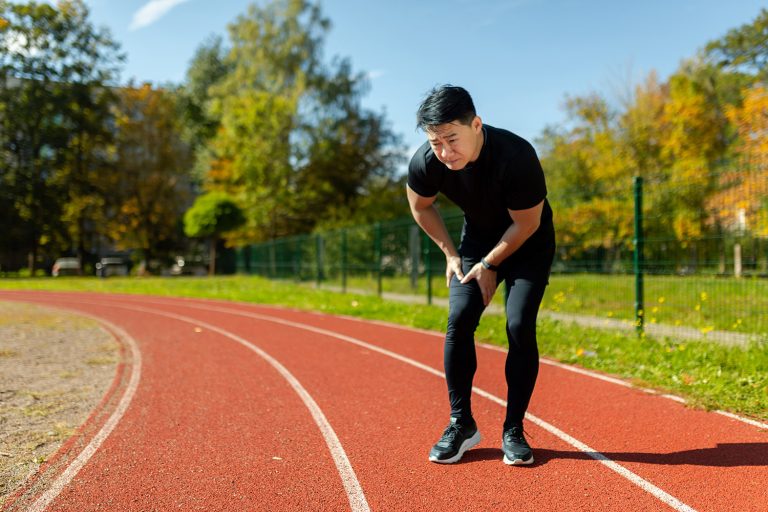
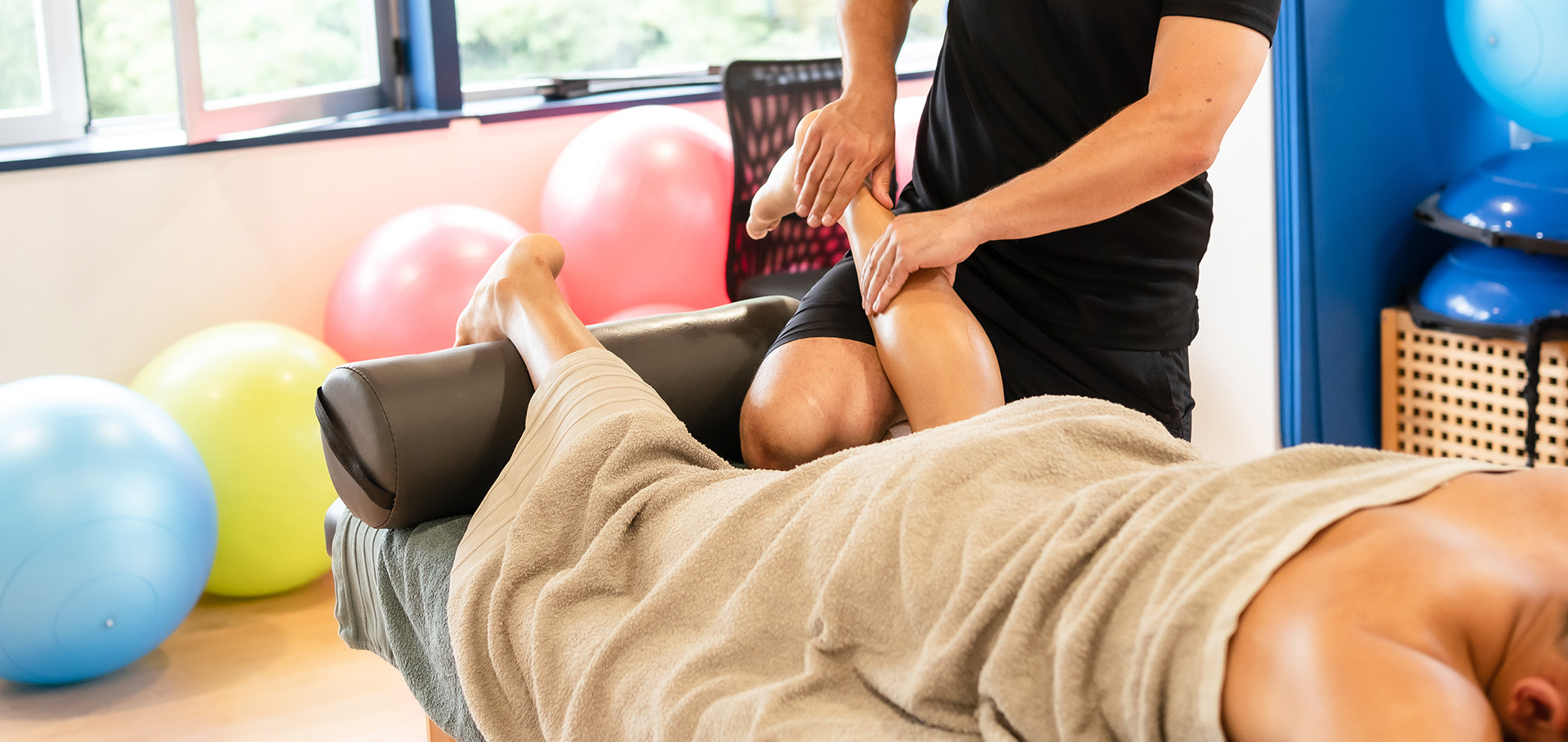
Enhancing Recovery
The Benefits of Sports Therapy for Post-Workout Muscle Relief
In the world of athletics, recovery is just as crucial as the workout itself. Whether you’re a professional athlete, a weekend warrior, or someone who enjoys regular exercise, post-workout recovery plays a significant role in your overall performance and well-being. One of the most effective ways to enhance recovery is through sports therapy. At Kinetic Physical Therapy and Wellness in Greenville, NC, we focus on providing specialized sports therapy that alleviates muscle soreness and speeds up recovery after intense workouts or competitions.
Understanding Muscle Soreness
Muscle soreness, often referred to as Delayed Onset Muscle Soreness (DOMS), typically occurs 12 to 24 hours after an intense workout. It peaks around 24 to 72 hours post-exercise. This soreness is a result of microtears in the muscle fibers, which occur when muscles are stressed beyond their usual capacity. While DOMS is a natural part of the muscle adaptation process, leading to stronger muscles, it can also be uncomfortable and debilitating, impacting your ability to perform daily activities or subsequent workouts.
The Role of Sports Therapy in Muscle Recovery
Sports therapy encompasses a range of techniques designed to assist athletes in recovering from intense physical activity. The primary goals are to reduce muscle soreness, prevent injury, and enhance overall performance. Here’s how sports therapy can benefit post-workout muscle relief:
Massage therapy is a cornerstone of sports therapy. It involves the manipulation of soft tissues to improve blood flow, reduce muscle tension, and promote relaxation. Post-workout massages help in:
Reducing Muscle Soreness: By increasing blood flow, massage helps to remove metabolic waste products such as lactic acid, which accumulate during intense exercise and contribute to muscle soreness.
Enhancing Flexibility: Regular massage can improve flexibility and range of motion, making muscles more pliable and less prone to injury.
Promoting Relaxation: The soothing effects of massage therapy can help in reducing stress and promoting a sense of well-being, which is crucial for effective recovery.
Cryotherapy involves the use of cold temperatures to reduce inflammation and pain. This can be done through ice baths, ice packs, or specialized cryotherapy chambers. Benefits include:
Decreasing Inflammation: Cold therapy constricts blood vessels, reducing inflammation and swelling in muscle tissues.
Numbing Pain: The cold can temporarily numb sore areas, providing immediate pain relief.
Speeding Up Recovery: By reducing inflammation and pain, cryotherapy allows athletes to recover more quickly and return to their training routines sooner.
- Stretching and Flexibility Exercises
Incorporating stretching and flexibility exercises into a post-workout routine is essential for muscle recovery. Sports therapists guide athletes through specific stretches that:
Prevent Muscle Tightness: Stretching helps in maintaining muscle elasticity and preventing stiffness.
Improve Range of Motion: Enhanced flexibility leads to better overall performance and reduces the risk of future injuries.
Facilitate Relaxation: Gentle stretching can promote relaxation and reduce the mental stress associated with intense workouts.
- Electrical Stimulation
Electrical stimulation (e-stim) uses electrical impulses to stimulate muscle contractions. This therapy can be particularly effective in:
Reducing Muscle Soreness: E-stim can enhance blood flow and accelerate the removal of waste products from muscles.
Preventing Muscle Atrophy: It helps in maintaining muscle tone and strength, especially during periods of rest or reduced activity.
Alleviating Pain: The electrical impulses can block pain signals, providing relief from muscle soreness.
Aquatic Therapy involves the use of water for therapeutic purposes. This can include hot tubs, whirlpools, and underwater exercises. Benefits include:
Relaxing Muscles: The buoyancy and warmth of water can soothe sore muscles and promote relaxation.
Reducing Swelling: Cold-water hydrotherapy can reduce swelling and inflammation in muscles.
Enhancing Circulation: The pressure of water can improve circulation, aiding in the removal of metabolic waste and the delivery of nutrients to muscles.
The Psychological Benefits of Sports Therapy
Beyond the physical benefits, sports therapy also offers significant psychological advantages. Engaging in regular sports therapy can:
Reduce Stress and Anxiety: Physical activity and recovery processes release endorphins, which are natural mood lifters.
Improve Sleep: Better sleep is essential for muscle recovery and overall health. Relaxation techniques used in sports therapy can promote better sleep patterns.
Boost Confidence: Knowing that you are taking proactive steps to care for your body can enhance your confidence and mental resilience.
Why Choose Kinetic Physical Therapy and Wellness?
At Kinetic Physical Therapy and Wellness, we understand the unique needs of athletes and fitness enthusiasts. Our one-on-one specialized therapy sessions are designed to address the specific requirements of each individual, ensuring optimal recovery and performance. Our professional yet vibrant atmosphere creates a welcoming environment where you can focus on your recovery and overall well-being.
Personalized Treatment Plans
We believe in personalized care. Our experienced therapists conduct thorough assessments to understand your specific needs and design customized treatment plans. Whether you’re recovering from an intense workout or preparing for your next competition, we tailor our therapies to support your goals.
Expert Therapists
Our team of expert therapists is trained in the latest sports therapy techniques. They stay updated with the latest research and advancements in the field to provide you with the best possible care. Their expertise ensures that you receive effective and safe treatments tailored to your needs.
State-of-the-Art Facilities
Our state-of-the-art facilities are equipped with the latest technology and equipment to support your recovery journey. From advanced cryotherapy chambers to specialized hydrotherapy pools, we provide a comprehensive range of services to enhance your recovery.
Sports therapy is an essential component of an effective recovery strategy for athletes and fitness enthusiasts. By incorporating techniques such as massage therapy, cryotherapy, stretching, electrical stimulation, and hydrotherapy, sports therapy helps to alleviate muscle soreness, reduce inflammation, and speed up recovery. At Kinetic Physical Therapy and Wellness in Greenville, NC, we are dedicated to providing personalized and professional sports therapy services that support your recovery and enhance your overall performance. Embrace the benefits of sports therapy and take your recovery to the next level with us.
Please Share
categories
Recent Posts

Enhancing Recovery
The Benefits of Sports Therapy for Post-Workout Muscle Relief
In the world of athletics, recovery is just as crucial as the workout itself. Whether you’re a professional athlete, a weekend warrior, or someone who enjoys regular exercise, post-workout recovery plays a significant role in your overall performance and well-being. One of the most effective ways to enhance recovery is through sports therapy. At Kinetic Physical Therapy and Wellness in Greenville, NC, we focus on providing specialized sports therapy that alleviates muscle soreness and speeds up recovery after intense workouts or competitions.
Understanding Muscle Soreness
Muscle soreness, often referred to as Delayed Onset Muscle Soreness (DOMS), typically occurs 12 to 24 hours after an intense workout. It peaks around 24 to 72 hours post-exercise. This soreness is a result of microtears in the muscle fibers, which occur when muscles are stressed beyond their usual capacity. While DOMS is a natural part of the muscle adaptation process, leading to stronger muscles, it can also be uncomfortable and debilitating, impacting your ability to perform daily activities or subsequent workouts.
The Role of Sports Therapy in Muscle Recovery
Sports therapy encompasses a range of techniques designed to assist athletes in recovering from intense physical activity. The primary goals are to reduce muscle soreness, prevent injury, and enhance overall performance. Here’s how sports therapy can benefit post-workout muscle relief:
Massage therapy is a cornerstone of sports therapy. It involves the manipulation of soft tissues to improve blood flow, reduce muscle tension, and promote relaxation. Post-workout massages help in:
Reducing Muscle Soreness: By increasing blood flow, massage helps to remove metabolic waste products such as lactic acid, which accumulate during intense exercise and contribute to muscle soreness.
Enhancing Flexibility: Regular massage can improve flexibility and range of motion, making muscles more pliable and less prone to injury.
Promoting Relaxation: The soothing effects of massage therapy can help in reducing stress and promoting a sense of well-being, which is crucial for effective recovery.
Cryotherapy involves the use of cold temperatures to reduce inflammation and pain. This can be done through ice baths, ice packs, or specialized cryotherapy chambers. Benefits include:
Decreasing Inflammation: Cold therapy constricts blood vessels, reducing inflammation and swelling in muscle tissues.
Numbing Pain: The cold can temporarily numb sore areas, providing immediate pain relief.
Speeding Up Recovery: By reducing inflammation and pain, cryotherapy allows athletes to recover more quickly and return to their training routines sooner.
- Stretching and Flexibility Exercises
Incorporating stretching and flexibility exercises into a post-workout routine is essential for muscle recovery. Sports therapists guide athletes through specific stretches that:
Prevent Muscle Tightness: Stretching helps in maintaining muscle elasticity and preventing stiffness.
Improve Range of Motion: Enhanced flexibility leads to better overall performance and reduces the risk of future injuries.
Facilitate Relaxation: Gentle stretching can promote relaxation and reduce the mental stress associated with intense workouts.
- Electrical Stimulation
Electrical stimulation (e-stim) uses electrical impulses to stimulate muscle contractions. This therapy can be particularly effective in:
Reducing Muscle Soreness: E-stim can enhance blood flow and accelerate the removal of waste products from muscles.
Preventing Muscle Atrophy: It helps in maintaining muscle tone and strength, especially during periods of rest or reduced activity.
Alleviating Pain: The electrical impulses can block pain signals, providing relief from muscle soreness.
Aquatic Therapy involves the use of water for therapeutic purposes. This can include hot tubs, whirlpools, and underwater exercises. Benefits include:
Relaxing Muscles: The buoyancy and warmth of water can soothe sore muscles and promote relaxation.
Reducing Swelling: Cold-water hydrotherapy can reduce swelling and inflammation in muscles.
Enhancing Circulation: The pressure of water can improve circulation, aiding in the removal of metabolic waste and the delivery of nutrients to muscles.
The Psychological Benefits of Sports Therapy
Beyond the physical benefits, sports therapy also offers significant psychological advantages. Engaging in regular sports therapy can:
Reduce Stress and Anxiety: Physical activity and recovery processes release endorphins, which are natural mood lifters.
Improve Sleep: Better sleep is essential for muscle recovery and overall health. Relaxation techniques used in sports therapy can promote better sleep patterns.
Boost Confidence: Knowing that you are taking proactive steps to care for your body can enhance your confidence and mental resilience.
Why Choose Kinetic Physical Therapy and Wellness?
At Kinetic Physical Therapy and Wellness, we understand the unique needs of athletes and fitness enthusiasts. Our one-on-one specialized therapy sessions are designed to address the specific requirements of each individual, ensuring optimal recovery and performance. Our professional yet vibrant atmosphere creates a welcoming environment where you can focus on your recovery and overall well-being.
Personalized Treatment Plans
We believe in personalized care. Our experienced therapists conduct thorough assessments to understand your specific needs and design customized treatment plans. Whether you’re recovering from an intense workout or preparing for your next competition, we tailor our therapies to support your goals.
Expert Therapists
Our team of expert therapists is trained in the latest sports therapy techniques. They stay updated with the latest research and advancements in the field to provide you with the best possible care. Their expertise ensures that you receive effective and safe treatments tailored to your needs.
State-of-the-Art Facilities
Our state-of-the-art facilities are equipped with the latest technology and equipment to support your recovery journey. From advanced cryotherapy chambers to specialized hydrotherapy pools, we provide a comprehensive range of services to enhance your recovery.
Sports therapy is an essential component of an effective recovery strategy for athletes and fitness enthusiasts. By incorporating techniques such as massage therapy, cryotherapy, stretching, electrical stimulation, and hydrotherapy, sports therapy helps to alleviate muscle soreness, reduce inflammation, and speed up recovery. At Kinetic Physical Therapy and Wellness in Greenville, NC, we are dedicated to providing personalized and professional sports therapy services that support your recovery and enhance your overall performance. Embrace the benefits of sports therapy and take your recovery to the next level with us.
Please Share
categories
Recent Posts
